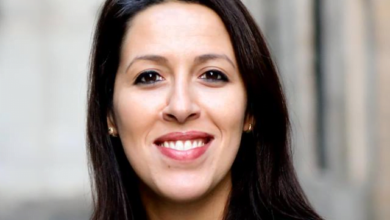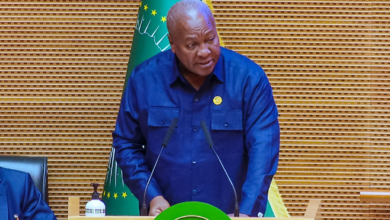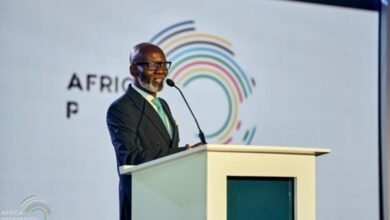EU-Africa Summit: The Make or Break …

It is becoming increasingly clear that Europe’s future wellbeing will depend more and more on the future wellbeing of its closest neighbour, Africa. So, can the AU-EU summit still do what it originally set out to—and what it must set a course for— and reset the EU’s relationship with Africa as a “true partnership of equals”?
By Mikaela Gavas and W. Gyude Moore*
On 17th February, the long-awaited summit between the African Union (AU) and the European Union (EU), delayed since 2020, will finally begin. But since the event was scheduled, the world has been ravaged by a pandemic that has stalled a decade of continuous growth and human capital improvement on the African continent.
Since 2020, with the summit repeatedly having been stalled, African leaders have strengthened ties with other global powers—think China. The eighth Forum on China Africa Cooperation (FOCAC) held in December last year not only demonstrated the impressive depth and breadth of China’s relationships with Africa, but crucially signaled a new approach based on ‘soft’ assets, very much stepping on the EU’s toes and their €300 billion worldwide connectivity strategy.
« A stronger Africa was in Europe’s economic interest and vice versa »
The EU’s attempt to counter the threat of China’s influence through higher quality, greener, and more transparent infrastructure—is a key element of its offer to Africa through mobilisation of private investment using EU budget guarantees. The hope is that this, coupled with the French EU Presidency’s explicit priority on Africa, and some considerable announcements of « Team Europe » investments and initiatives, will rekindle the momentum lost when the pandemic hit. But will this be enough to reset and rebuild the Europe-Africa relationship? We call it a “reconstruction” because so much must change.
In anticipation of the 2020 summit, Gyude Moore argued that a stronger Africa was in Europe’s economic interest and vice versa. This is truer than ever in the wake of the economic scarring from COVID-19. An economically stronger Africa would unlock new opportunities for capital investment, cheaper and more varied imports, and a ready supply of new workers at a time when Europe’s working-age population is declining.
« There was a clear disconnect between the priorities of the two continents, with the EU focused on climate change and migration and Africa determined to end the COVID-19 pandemic and jump-start its economies »
In early 2020, the EU set out its Comprehensive Strategy with Africa. Although this contained some key elements of a novel approach and a promise of a « move away from the donor-recipient relationship », it was perceived by African leaders as an attempt by Europe to continue to dominate the relationship, echoing a colonial legacy. There was a clear disconnect between the priorities of the two continents, with the EU focused on climate change and migration and Africa determined to end the COVID-19 pandemic and jump-start its economies.
In October 2021, an AU-EU Ministerial Meeting took place to set out their joint priorities in education and skills development; resilience, peace, security and governance; migration and mobility; and investments in structural transformation. In the run up to the summit, CGD colleagues will be posting their thoughts on these priorities and what needs to happen to make them meaningful and impactful in the reconstruction of the Europe-Africa relationship.
*Mikaela Gavas, Co-Director of Development Cooperation in Europe and Senior Policy Fellow (CGD)
W. Gyude Moore, Senior Policy Fellow (CGD)
Source :Center for Global Development (CGD)






